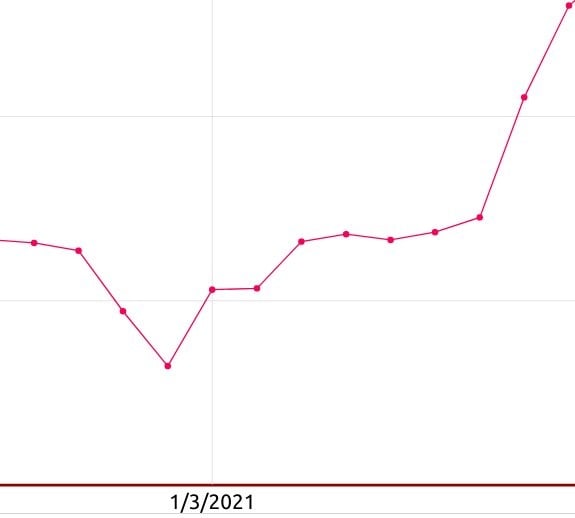While supporters of free speech are reeling at the level of censorship now on display on Big Tech’s platforms – which has been building up steadily over the past year – the other fundamental problem with these companies, their privacy-undermining business models, is also getting exposed.
This means that people are looking for alternatives more than ever before, with apps and services guaranteeing freedom of expression or protection of privacy enjoying a large number of new users.
One of the examples of this is the effect the decision to force WhatsApp users to give their data to the messaging app’s owner Facebook has had on the huge growth of alternatives like Signal and Telegram.
Now Tutanota, a Germany-based encrypted email service, reports that it, too, is experiencing a boom, with new daily signups more than doubling.
The blog post refers to Google and Facebook as exponents of surveillance capitalism whose practices have turned the internet into a “surveillance machine.” At the same time, the company said that the long awaited sea-change towards more awareness and appreciation of privacy among internet users may now be happening.

The post noted that tech giants are able to harness the power of the internet to build their empires on mass surveillance. Tutanota speaks out against this and urges users to turn to tech that provides end-to-end encryption by default as a way to preserve individual freedoms and free societies.
Another point that is made is that apps and services that use encryption are now more user-friendly than ever, and therefore easily available to everyone, rather than only to the tech-savvy crowd.
Facebook and others of its kind are then criticized as insincerely speaking about protecting their users’ privacy simply as a way to appease those users, while ensuring some good press for themselves. But the true nature of their business has become evident once again with Facebook’s WhatsApp move – and those behind Tutanota believe that internet users know the difference.
The optimistically toned blog post admits that there is a long road ahead towards achieving proper privacy protection online, but adds that “step by step we can all take back our right to privacy.”













